Small Business Productivity Tips & Blog
Small Business Productivity Tips:
Small Business Productivity Tips: Boost Your Online Presence, Project Management, Agile Thinking, and SEO
Running a small business is no easy feat. With countless tasks vying for your attention, it’s crucial to adopt strategies that maximize productivity. Whether you’re looking to improve your online presence, streamline project management, embrace Agile methodologies, or enhance your SEO efforts, these tips will help you achieve your goals efficiently.
Enhance Your Online Presence
-
Optimize Your Website: Ensure your website is user-friendly, mobile-responsive, and fast-loading. An optimized website not only attracts more visitors but also keeps them engaged.
-
Leverage Social Media: Use social media platforms to connect with your audience. Share valuable content, engage with followers, and utilize social media ads to boost visibility.
-
Create Quality Content: Regularly update your website with informative blog posts, videos, and infographics. High-quality content establishes your authority and improves search engine rankings.
-
Utilize Email Marketing: Build an email list and send regular newsletters with updates, promotions, and valuable insights. Email marketing helps maintain customer relationships and drives repeat business.
-
Engage with Reviews: Actively seek and respond to customer reviews. Positive reviews build trust and attract new customers, while addressing negative feedback shows your commitment to customer satisfaction.
Streamline Project Management
-
Use Project Management Tools: Tools like Trello, Asana, or Monday.com help organize tasks, set deadlines, and track progress. These platforms enhance collaboration and ensure projects stay on track.
-
Set Clear Goals: Define specific, measurable, achievable, relevant, and time-bound (SMART) goals for your projects. Clear goals provide direction and motivate your team.
-
Prioritize Tasks: Focus on high-impact tasks that drive your business forward. Use the Eisenhower Matrix to categorize tasks based on urgency and importance.
-
Delegate Effectively: Trust your team with responsibilities. Delegating tasks not only lightens your load but also empowers your team and fosters skill development.
-
Regular Check-ins: Hold regular meetings to review progress, address challenges, and adjust plans as needed. Consistent communication keeps everyone aligned and accountable.
Embrace Agile Thinking
-
Adopt Agile Methodologies: Implement Agile frameworks like Scrum or Kanban to enhance flexibility and responsiveness. Agile methodologies promote iterative progress and continuous improvement.
-
Focus on Customer Feedback: Regularly gather and incorporate customer feedback into your processes. Understanding customer needs ensures your products and services remain relevant and valuable.
-
Encourage Collaboration: Foster a collaborative environment where team members freely share ideas and solutions. Collaboration enhances creativity and problem-solving.
-
Embrace Change: Be open to adapting strategies based on new information or changing circumstances. Agility allows your business to stay competitive and resilient.
-
Continuous Learning: Invest in training and development for your team. Continuous learning keeps your skills sharp and ensures your business adapts to industry advancements.
Improve Your SEO
-
Conduct Keyword Research: Identify and target relevant keywords that your audience is searching for. Tools like Google Keyword Planner and Ahrefs can help uncover valuable keywords.
-
Optimize On-Page SEO: Ensure your website’s content, meta tags, headers, and URLs are optimized for target keywords. On-page SEO improves your website’s visibility in search engine results.
-
Build Quality Backlinks: Acquire backlinks from reputable websites to enhance your site’s authority. Guest blogging, collaborations, and industry directories are effective ways to build backlinks.
-
Create Engaging Content: Produce content that is not only informative but also engaging and shareable. High-quality content attracts natural backlinks and social shares.
-
Monitor SEO Performance: Use tools like Google Analytics and Moz to track your SEO performance. Regularly review and adjust your strategies based on insights and data.
Home » Small Business Productivity Tips
Small Business Productivity Tips Blogs:



The Art of #Hashtags: Mastering Social Media

Best (Free) SEO Tools 2024

Comparing Trello and Jira in 2024

The 20 Unwritten Rules of On-Page SEO

How to Use Yoast With Elementor
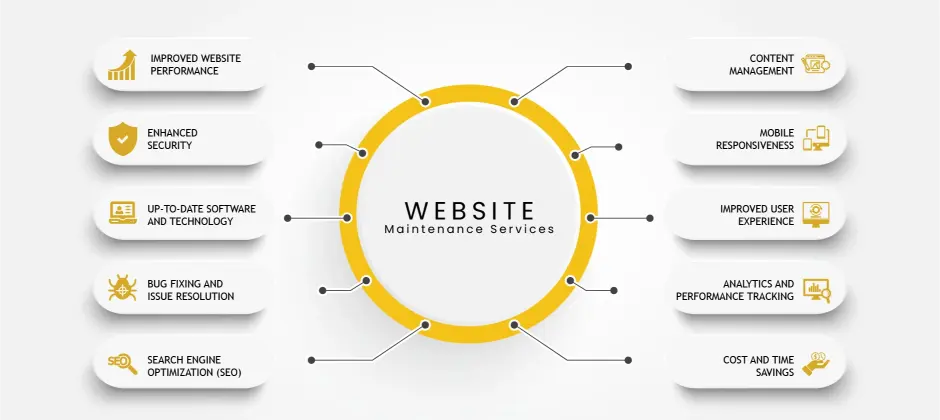
Small Business Website Management
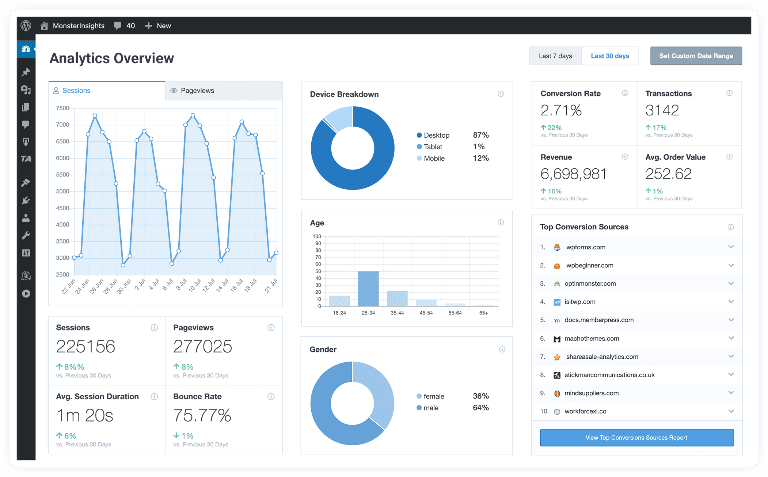
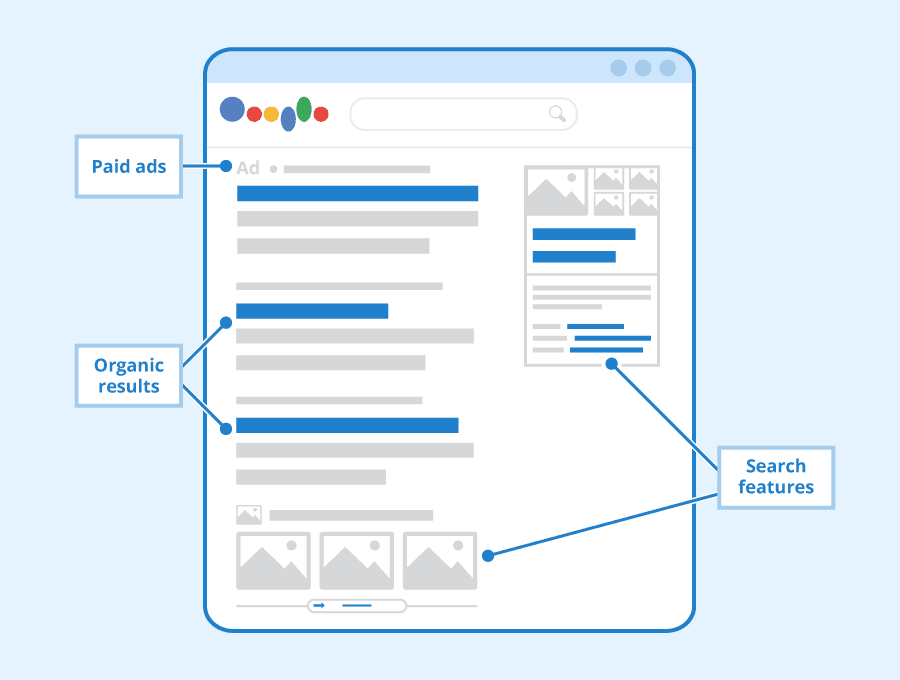
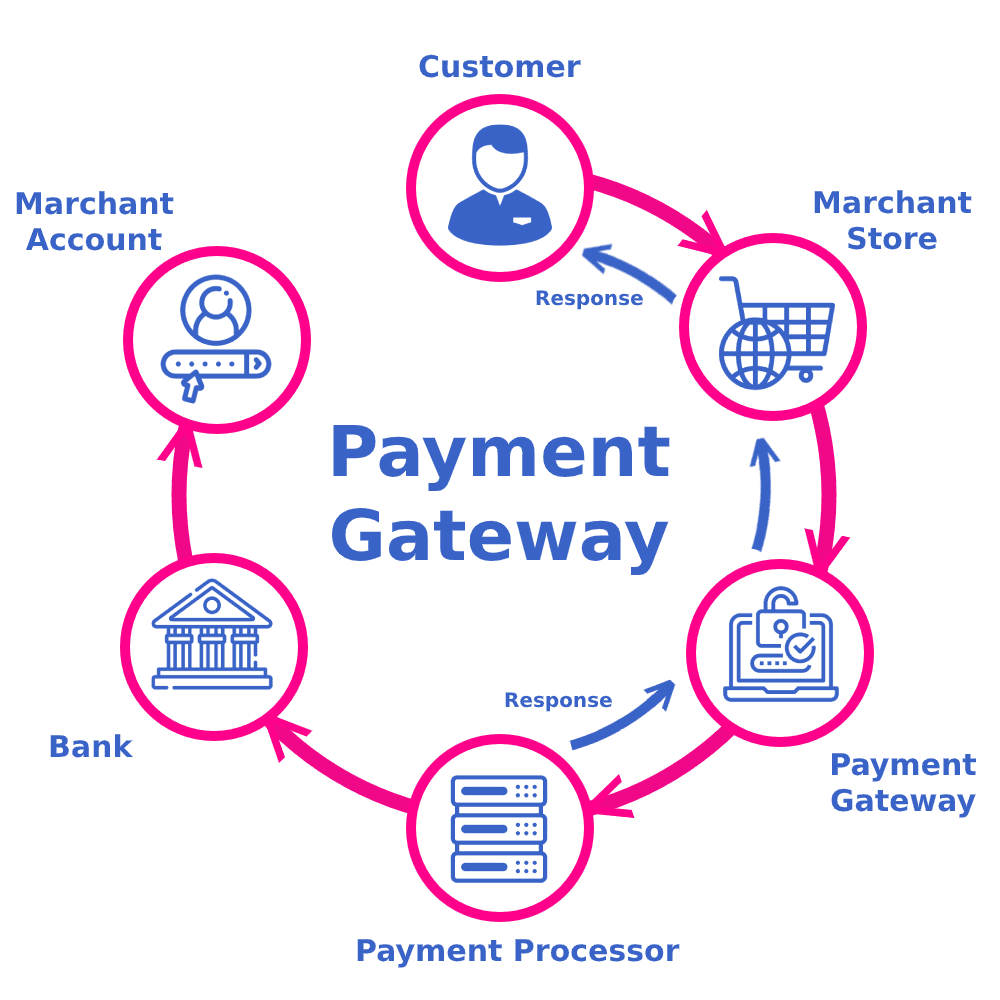


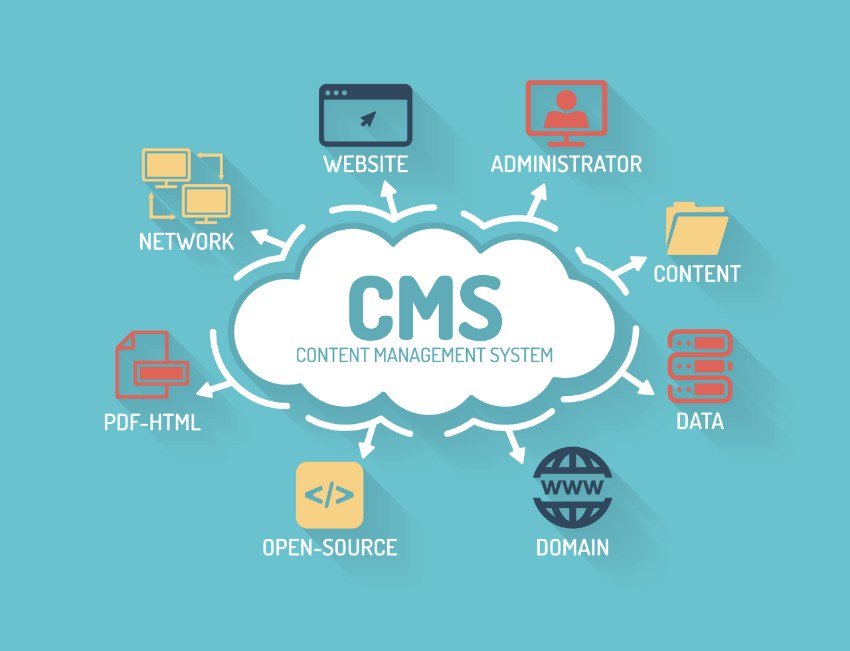




Small Business Success With Agile

Why you NEED a Business Website







